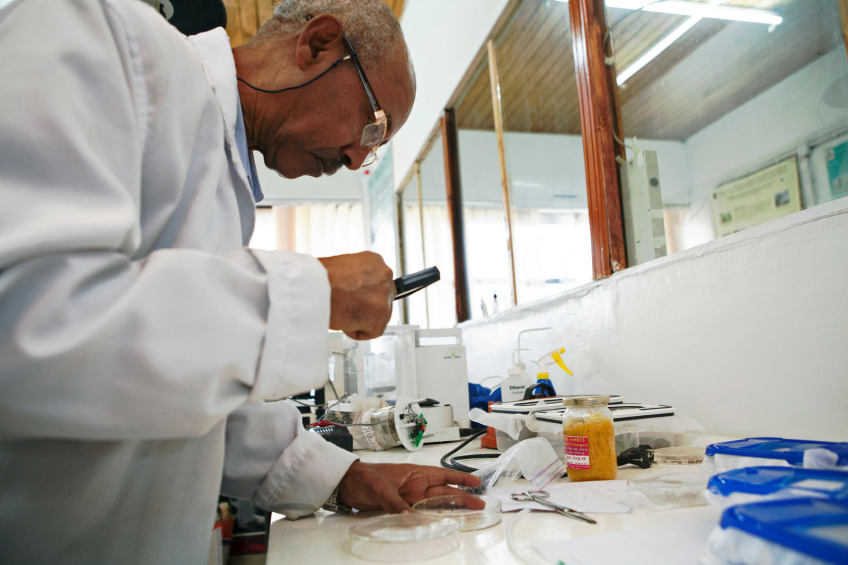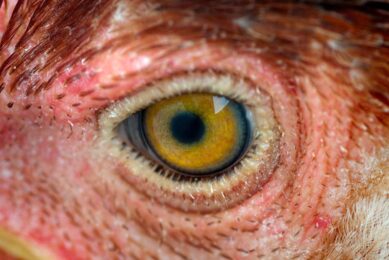Chickens to aid in fight against malaria

The smell from a live chicken could help protect against malaria, according to recent research which found that malarial mosquitoes tend to avoid chickens and other birds.
Researchers at the Swedish University of Agricultural Sciences and Addis Ababa University, Ethiopia conducted experiments in western Ethiopia, including suspending a live chicken in a cage near a volunteer sleeping under a bed net.
Although infection and death rates of Malaria are declining, health officials are continuing to look for new ways to prevent the spread of the disease. According to UN data nearly 400,000 people died due to malaria in Africa last year.
Mosquitoes use their sense of smell to locate an animal they can bite but the researchers found that malaria causing mosquitoes, known as Anopheles arabiensis, showed a taste for human blood over that of animals when feeding indoors.
However, the insects randomly fed on cattle, goats and sheep, but always steered clear of chickens when outdoors. Addis Ababa University’s Habte Tekie, who worked on the research, said that the compounds from the smell of the chicken can be extracted and could work as a repellent and aid in the fight against malaria.
Researchers from the Swedish University of Agricultural Sciences were also involved in the project. Compounds extracted from chicken feathers were also used in the experiments, as well as live chickens. Researchers discovered that the use of the chicken and the compounds significantly reduced the number of mosquitoes that were found in the trap nearby.
Rickard Ignell a corresponding author said: “Mosquitoes are becoming increasingly physiologically resistant to pesticides, while also changing their feeding habits for example by moving from indoors to outdoors. For this reason there is a need to develop novel control methods.
“In our study, we have been able to identify a number of natural odour compounds which could repel host-seeking malaria mosquitoes and prevent them from getting in contact with people.”
The research was published in the Malaria Journal.
Join 31,000+ subscribers
Subscribe to our newsletter to stay updated about all the need-to-know content in the poultry sector, three times a week. Beheer
Beheer








 WP Admin
WP Admin  Bewerk bericht
Bewerk bericht